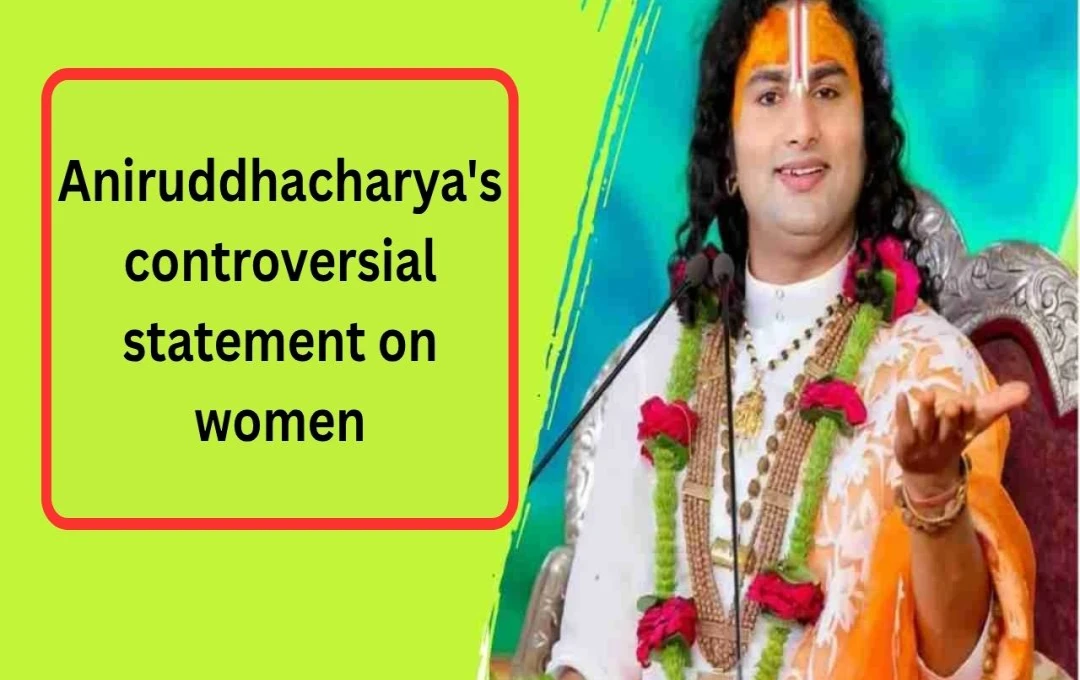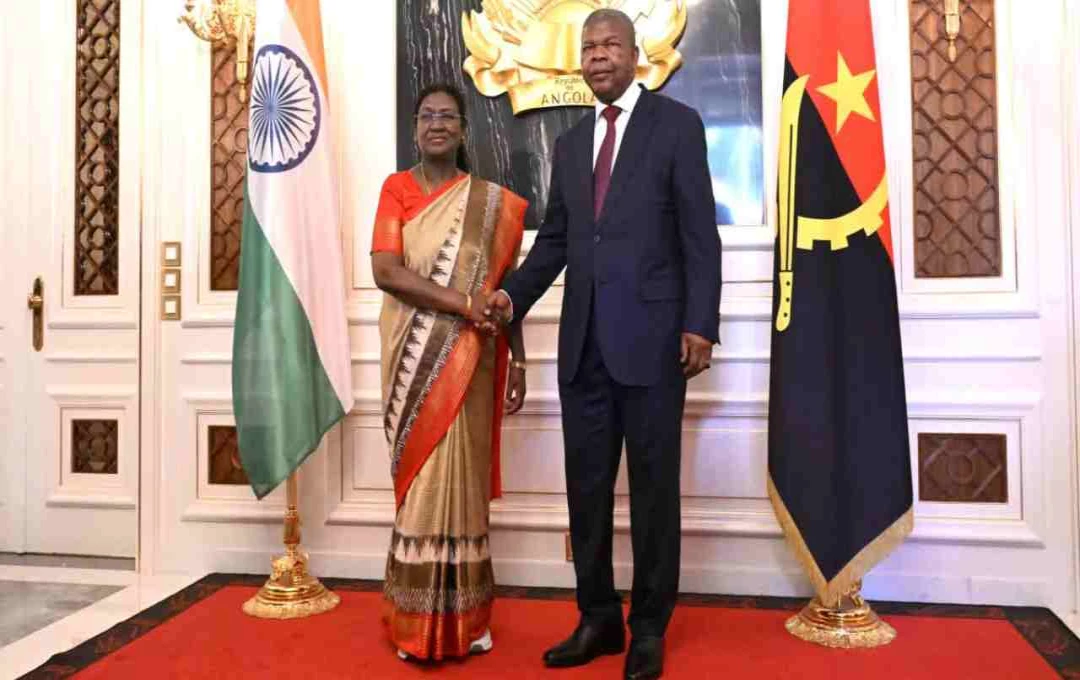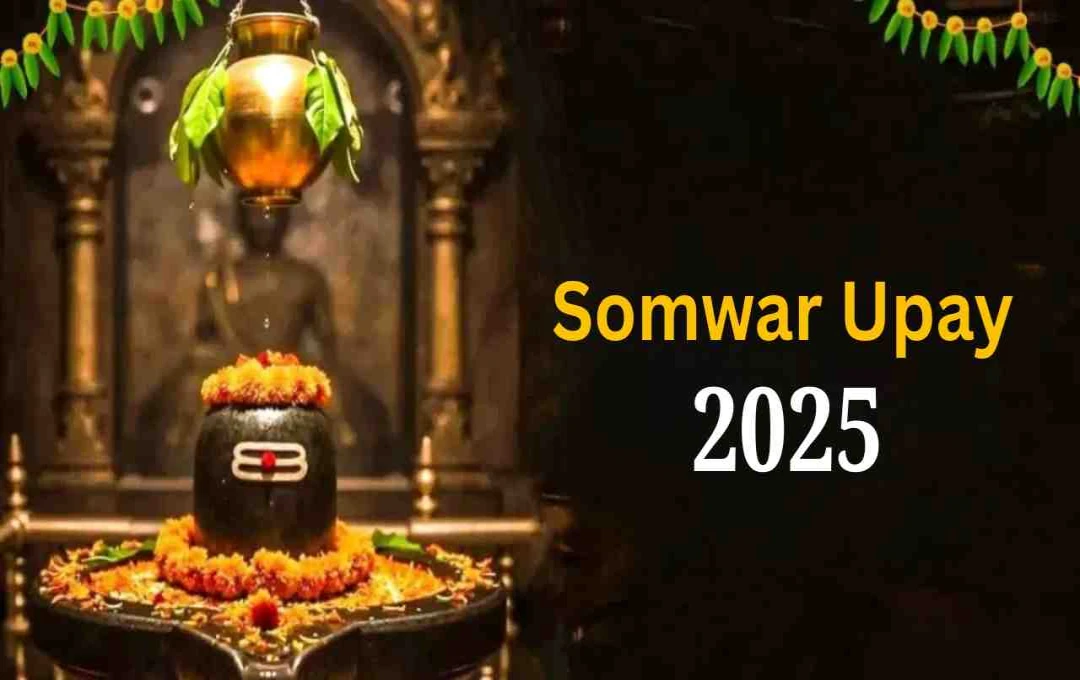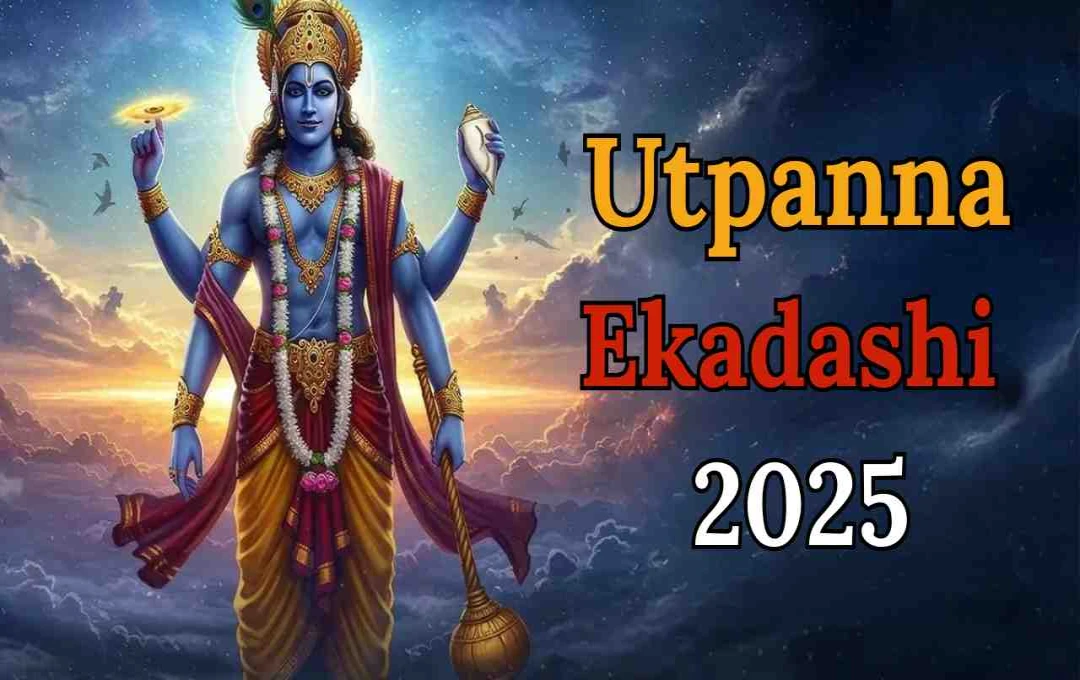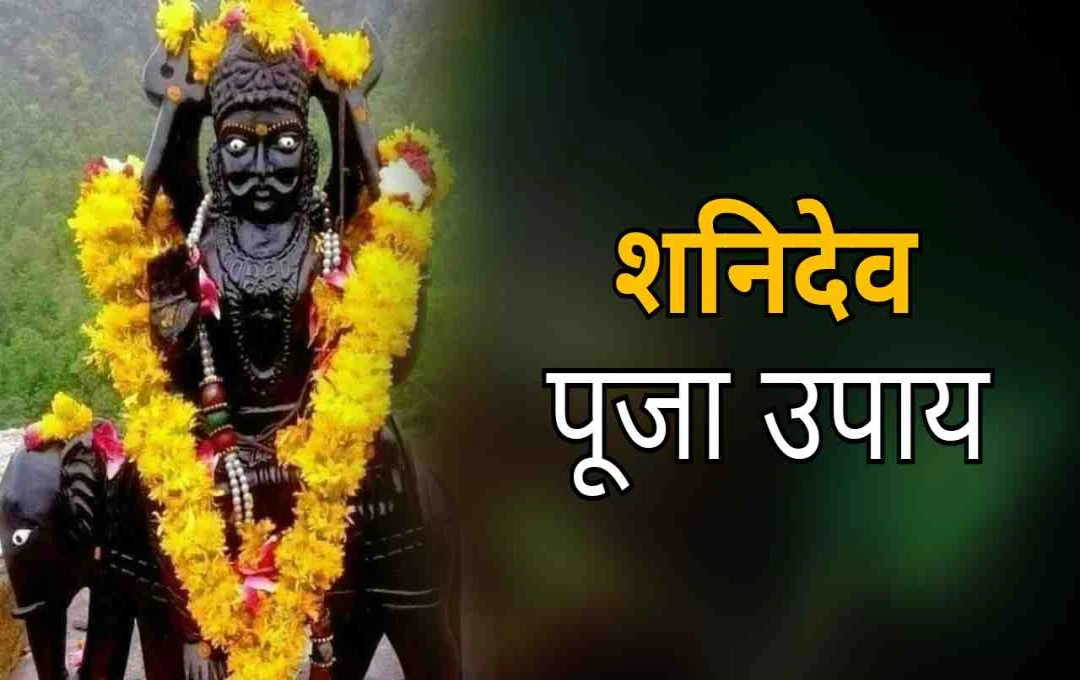Aniruddhacharya's controversial remarks on women in live-in relationships spark debate on women's dignity, freedom, and the role of religious platforms.
Aniruddhacharya: Religious storyteller and self-proclaimed saint Aniruddhacharya is once again in the spotlight due to his controversial statements. This time, during a narration, he used words regarding live-in relationships, women's dignity, and social values that not only became a topic of debate but also sparked outrage in a large section of society. Aniruddhacharya stated that 'In today's Kali Yuga, you cannot call a prostitute a prostitute; she wants to be called Sati-Savitri.' Along with this statement, he negatively portrayed modern lifestyles, especially live-in relationships, and made objectionable comparisons involving women.
What is the whole matter?
Narrator Aniruddhacharya recently participated in a religious discourse where he questioned the morality of modern society. During the discourse, he compared women living in live-in relationships to prostitutes, saying, "She is a prostitute, but wants to be called Sati-Savitri. She roams around half-naked and wants us to call her a goddess." This statement not only appears socially insensitive but also strikes at the fundamental right to women's dignity and freedom.
'Speaking the truth has become a crime in Kali Yuga' – Aniruddhacharya
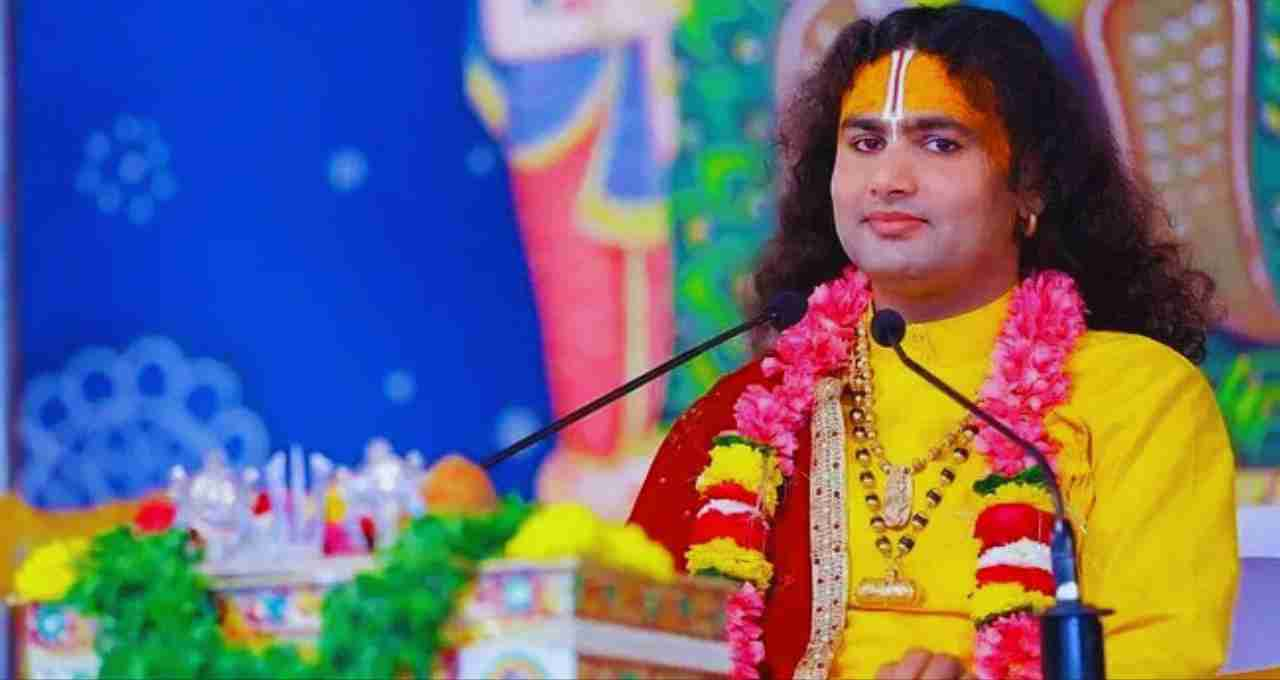
Aniruddhacharya presented his statement as 'truth' and argued that in the current era, which he calls 'Kali Yuga,' people do not want to hear the truth. He said, "I said that living in a live-in is wrong, so people opposed me. Because now falsehood, not truth, is dear." He also questioned whether any mother would want a daughter-in-law who comes home after living in a live-in relationship. He argued that the feeling of equality in society does not mean that moral values should be abandoned.
Criticism and Reactions
A flood of criticisms erupted on social media after the statement. Many called it anti-women, while some called it a misuse of the religious platform.
- Women's rights activist Rekha Bhatnagar said: 'Such statements hurt the dignity of women. It is unfortunate that narrators are using their influence to humiliate people.'
- Young sociologist Dr. Vivek Sareen says: 'There are already prejudices in society regarding live-in or any alternative lifestyle. When a religious person calls them wrong, it affects the way thousands and millions of people think.'
A story of the clash between religion, morality, and personal freedom
Religion and culture have a deep impact in India. But when religion is used to demean women's freedom, their life choices, or the diversity of society, it raises a big question. The narrator presented his point as truth, but the question is whether the meaning of truth is that it humiliates a particular class or publicly demeans a broad community?
Are such comments appropriate from a religious platform?
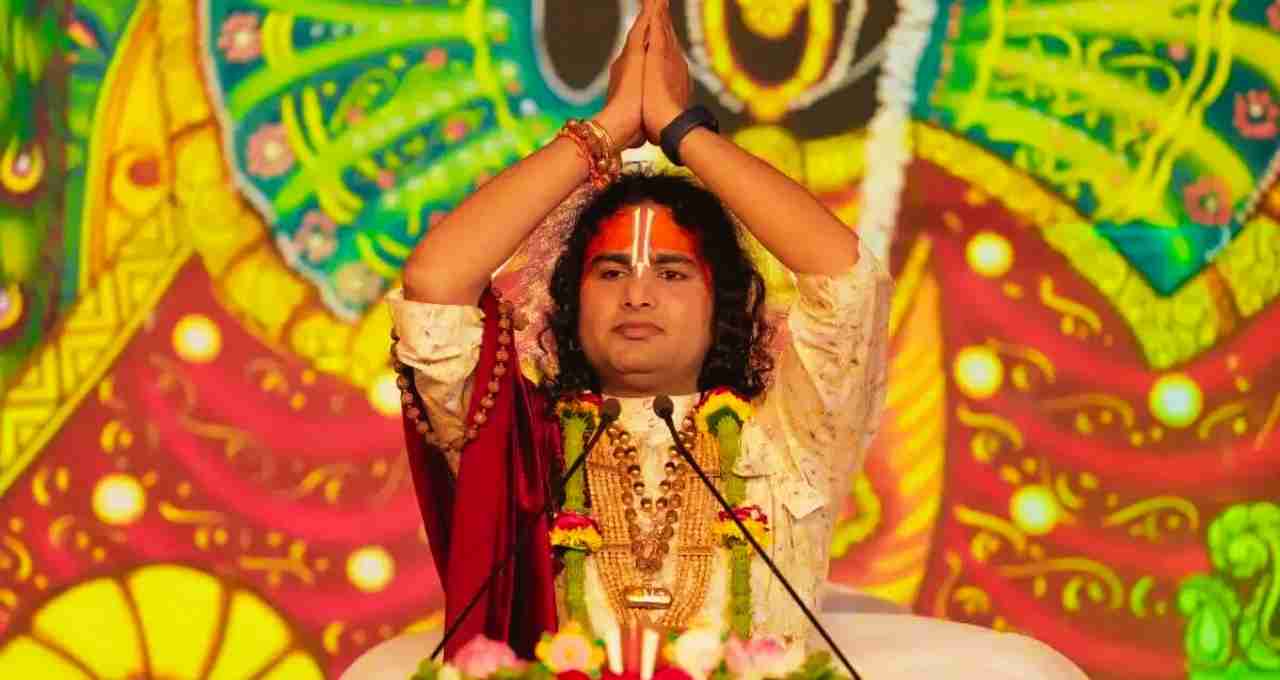
The role of religious leaders and narrators is not limited to religious teachings. They have a profound impact on society. In such a situation, when a narrator openly comments on women regarding social lifestyles, it raises the question of whether religious platforms should be allowed to become dens of personal ideology? Religious and social experts believe that society is changing rapidly. Even if live-in relationships are not acceptable to everyone, they are not illegal in Indian law. The constitution gives citizens the freedom of life and the right to live by their choice.
Who will define 'Sati' and 'Prostitute'?
It is an extremely serious and contemplative question that even today women are being classified into words like 'Sati' or 'Prostitute'. This thinking is not only backward but also against the Constitution of India and women's rights. Women's dignity, freedom, and equality are not only constitutional subjects today but have also become the center of social consciousness.
